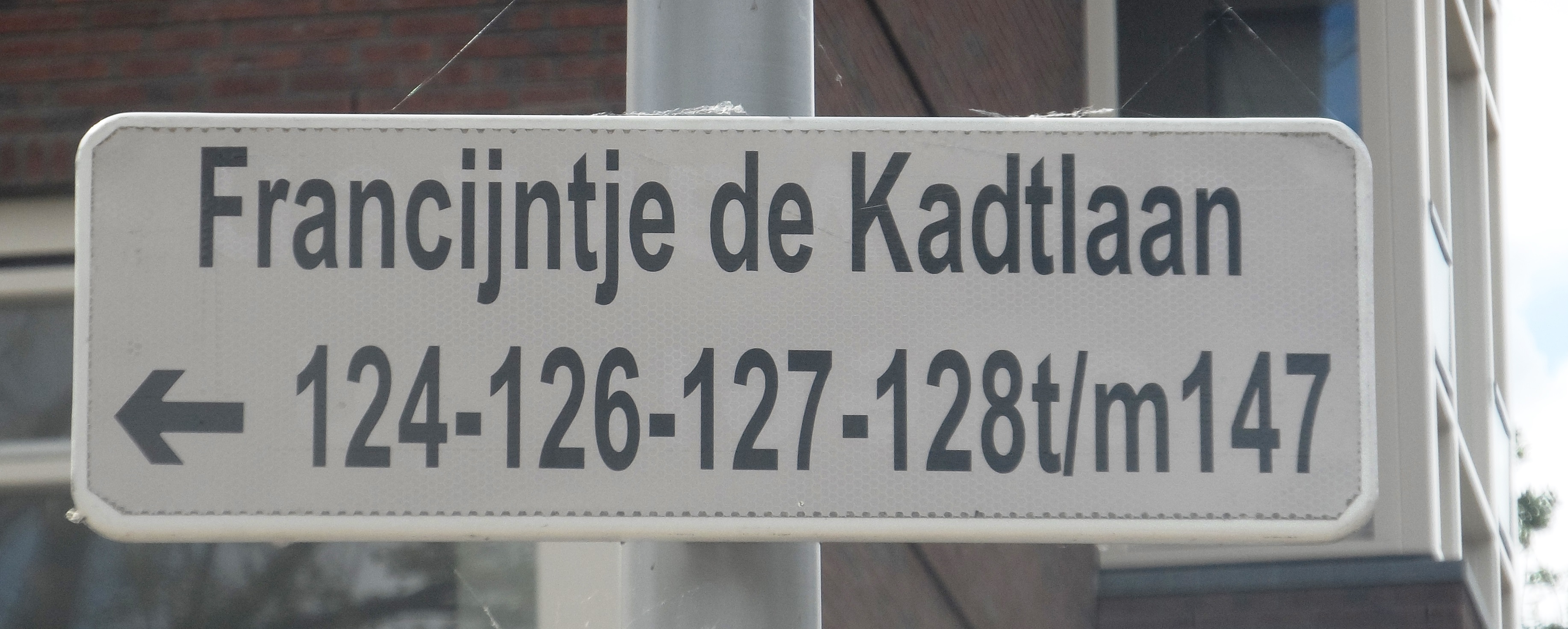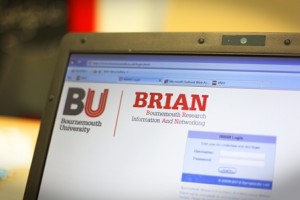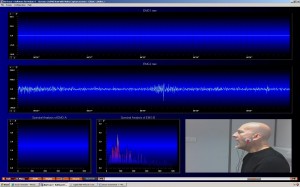
How do blogging and social networking raise the game for academics and how can others at BU benefit from Jones’ experience on these platforms? Rebecca Edwards asked Kip Jones for his comments on a recent blog about the HSC ReThink Project that was featured in the widely read and prestigious LSE Impact of Social Sciences blog. How does blogging and social networking raise the game for academics and what can others at BU benefit from Jones’ experience on these platforms?
BECCA: Why did you decide to write about HSC’s “Big ReThink Project” on a public forum?
KIP: Gail Thomas and I initially wrote up HSC’s “Big ReThink Project” as an academic paper. I then began by shopping it around to various journals, more than a year ago. Too many of us have had the experience, I am afraid, of no response at all or waiting for months and then having to ask for a response from a journal editor. Generally, the answer at that point is often to submit the article for review, but it will be yet another six months to a year until possible publication. This is no longer acceptable in the world of rapid, electronic communication today. Since our Project itself was about alternative approaches anyway, I asked Gail what she thought about putting it up on a blog instead; her reply, ‘Go for it!’
BECCA: How did you get the article published on the LSE Impact of Social Sciences blog?
KIP: Some time ago now, Mark Carrigan, who was then editor of the London School of Economics & Political Science Impact of Social Sciences blog, asked me to contribute to their ‘Five minutes with …’ series. This invitation came out of the blue, but I think it was because he was aware of our film, Rufus Stone, and had read and heard about it on the Internet. I was also asked to participate on a panel at LSE in their Beyond the Book series of seminars around the same time.
I kept in touch with Mark following the initial LSE blog publication through Twitter and his own personal blog. I think it is particularly important to develop and maintain relationships, even though they are often completely virtual ones. When Gail and I decided to find a blog to publish our piece, I asked Mark whom I should now contact at LSE, and he recommended Sierra Williams. I sent Sierra the Abstract. She responded that the article would indeed be of interest, but it needed to be shorter and a bit less formal in style, and with pictures if possible. I subsequently edited it down to about half its original length—keeping the inspirational bit, with less of the outcomes of the Project. It was published on 16 August as “Bournemouth’s ‘Big ReThink’ Project: An Arts-based Model for Change in a University”.
BECCA: What has been the reaction to your article being published on the LSE Impact Blog? Who has responded to the article on social media channels?
KIP: In just the first few days since publication, it has received attention through Twitter and Facebook, with links to other sites through pingbacks, retweets, Likes, and Shares. The link was also circulated globally on The Weekly Qualitative Report site and e-newsletter. Early responses have been from scholars, particularly in the social sciences, arts and education, and the PhD student online community.
BECCA: More generally, why do you find blogging a useful engagement exercise? How does it strengthen your academic credentials?
KIP: In addition to making periodic contributions to the BU Research blog, I maintain two blogs of my own: Rufus Stone the movie and KIPWORLD. The Rufus Stone blog was set up before the film was made, so it is a good repository of the story behind the research that went into making the film and the production of the film itself. Pages on the blog are now heavily externally linked in articles, books and on other websites. These days, current contributions are more about dissemination, the film’s continuing impact and future plans for screenings and trainings using the film. KIPWORLD is my personal blog where I write about projects that I am working on, but I also use it to develop my writing. A good example is a piece entitled, “How Breakthroughs Come: Tenacity and Perseverance”. First written for the blog over six months ago, it was recently reworked and now includes some reader responses to the earlier version. Through a Twitter connection, it has just been published for a third time on the Social Research Hub, a site particularly aimed at PhD students in the Social Sciences. The early development of the background story for Rufus Stone was also carried out on KIPWORLD. I have recently written about this particular deviation from more traditional academic prose in an article, ‘Infusing Biography with the Personal: Writing Rufus Stone’ for Creative Approaches to Research, which published on the same day as the LSE blog and has kept me quite busy on Twitter!
I average about one blog article a month of around 1,000 words in length for KIPWORLD. These are definitely not more typical ‘off-the-cuff’ or ‘stream of consciousness’ blogs, however! I pore over and rework these pieces, sometimes for days, even weeks
We are very much in a transitional phase in academic publishing and dissemination, brought about by the Open Access debates, etc. The power balance between academics and publishers is shifting and it is a good time to assert our case for more control over our outputs, how (and when) they are published and how accessible they are. Using the alternative of diverse outlets through weblogs, (both personal and more established), contributes to the potential of different methods of reaching wider audiences with our work, having it seen and, eventually, making a difference.
I will end by adding that writing a blog post can be just a first step; this needs to be followed up by links through social media and additional outlets in order to generate reach and insure impact! The ReThink Project reminded us that initiative and individual excellence are nurtured in small communities that support independence and autonomy. A centralised vision of the few may produce followers, but not leaders, and certainly not innovators in my experience.
“Abandon normal instruments”—Brian Eno & Peter Schmidt, Oblique Strategies
With many thanks to Dr. Kip Jones, Reader in Performative Social Science/Qualitative Research, HSC and the Media School. Email: kipworld@gmail.com. Weblog: http://kipworldblog.blogspot.co.uk/. Twitter: @kip_jones: An animated portrait of my Twitter account.
If you would like to explore how to engage a wider audience with your research, please do not hesitate to contact Becca on redwards@bournemouth.ac.uk, ‘phone 01202 961206 or tweet @beccabomo.
 The majority of the BU REF2014 Staff Selection was finalised last month, although the review of new and additional outputs is currently still on-going to maximise Bournemouth University’s REF2014 return.
The majority of the BU REF2014 Staff Selection was finalised last month, although the review of new and additional outputs is currently still on-going to maximise Bournemouth University’s REF2014 return.

























 Beyond Academia: Exploring Career Options for Early Career Researchers – Online Workshop
Beyond Academia: Exploring Career Options for Early Career Researchers – Online Workshop UKCGE Recognised Research Supervision Programme: Deadline Approaching
UKCGE Recognised Research Supervision Programme: Deadline Approaching SPROUT: From Sustainable Research to Sustainable Research Lives
SPROUT: From Sustainable Research to Sustainable Research Lives BRIAN upgrade and new look
BRIAN upgrade and new look Seeing the fruits of your labour in Bangladesh
Seeing the fruits of your labour in Bangladesh ECR Funding Open Call: Research Culture & Community Grant – Apply now
ECR Funding Open Call: Research Culture & Community Grant – Apply now ECR Funding Open Call: Research Culture & Community Grant – Application Deadline Friday 12 December
ECR Funding Open Call: Research Culture & Community Grant – Application Deadline Friday 12 December MSCA Postdoctoral Fellowships 2025 Call
MSCA Postdoctoral Fellowships 2025 Call ERC Advanced Grant 2025 Webinar
ERC Advanced Grant 2025 Webinar Update on UKRO services
Update on UKRO services European research project exploring use of ‘virtual twins’ to better manage metabolic associated fatty liver disease
European research project exploring use of ‘virtual twins’ to better manage metabolic associated fatty liver disease